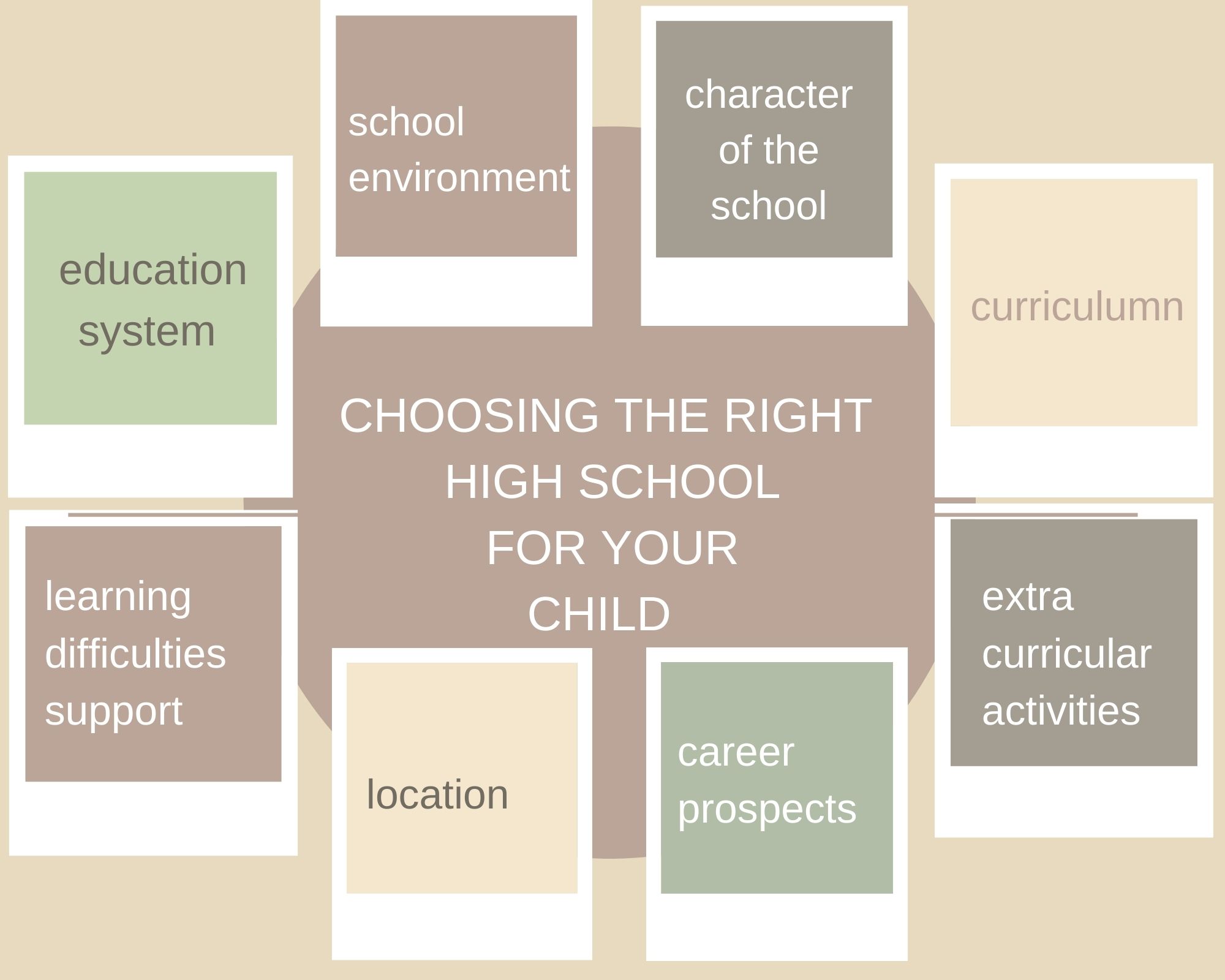Choosing the perfect school for your child
Parents want their children to love learning and use their education to succeed. Some families acquire the services of an education consultant to match their child with the right learning environment, which can include public or private school, boarding school, or incorporating supportive remedial services to help students learn. This may be due a shift in grades, a family relocation, or a diagnosed learning disability. Families may also retain education consultants to aid in the evolving college selection and application process. Higher education consultants work with families during the transition from high school to postsecondary education, providing nonbiased expert opinion that can help match students with the right opportunity to best meet their needs.

The right school for your child can make all the difference in his or her successful academic career. The good news is that there are many options in education beyond the public school down the street today. However the abundance of options often leaves parents in a quandary over how to choose the best environment for their children. It is important to know what to look for in a school to ensure your child receives the best possible education for his specific needs. In some cases, that might indeed be the public school down the street, while other children may need a different environment to facilitate their learning process most effectively.
Factors to Consider when Selecting a School
Our expert academic consultants can provide you with the options available to you according to your needs. Determining the best environment for your child, is something that you will decide following the evaluation and explanations of the various options our consultants provide you with.
1.
Finding a Good Fit
- What you want your child to learn / specific subject matter, level of academic difficulty
- Social needs (level of contact with peers)
- School Learning Style
- Practical matters (scheduling, extracurricular activities, etc.)
2.
Choosing a Focus
Some schools offer a wider range of study than others. If it is important for your child to learn a second language choose a school that includes foreign language as a core part of the curriculum. If you want your child to get a background in the arts or get an education with a religious slant, look for schools that offer these components.
3.
Check Out Scores
Test Scores not tell everything about the effectiveness of a school, but they are an important component in determining how well the students at that school are performing academically.
4.
Make a List
Make a list of the features you want in the school your child attends. Some of the basics to look for at any effective school include:
- High expectations
- Great teachers and staff
- Rigorous curriculum
- Vibrant parent-teacher association
- Parents welcomed and questions answered
- Location
5.
Pay a Visit
When you find a school that looks like a good fit for your child, it is a good idea to visit in person or virtually if abroad to see classrooms and meet faculty and staff. You shall talk with the principal, teachers and other parents to get a good idea of what the expectations are for parent involvement, how faculty and staff relate to students and what the overall learning environment looks like.
6.
Ask Questions
Before your school visit, prepare some questions to ask the principal and teachers you meet.
- How are teachers trained supported and monitored?
- How are behaviour problems handled at the school?
- How much homework is given to students?
You will probably have a number of your own questions as well, based on the specific learning needs and temperament of your child. Write questions down before you visit to ensure you don’t forget to ask any of them.
7.
Talk to Parents, Students
While staff may put their best foot forward during a visit, parents and students at the school will often tell it like it is. Talk to neighbours or parents you meet while visiting the school to find out if they and their children are happy with the quality of education offered there. Ask if the staff is responsive to needs and concerns and if parents are involved with the school’s operations.
8.
Sit Down with the Principal
A one-on-one meeting with the principal during your school visit can be the best time to ask many of your questions. Principals should be open to meeting with parents and should be forthcoming with information about the school and staff.
9.
Check Out a PTA Meeting
In addition to finding out more about current events at the school you are considering, this is an excellent way to collect names and phone numbers of parents at the school that you can contact later. PTA meetings are usually available to all parents at the school, as well as the general public, so your presence should be welcome.
10.
Trust Your Gut
Once the information is gathered and assessed, the bottom line is to choose the school that you and your child feel best about him attending. In some cases, this follows directly to the data; in other cases, you might simply get a good feeling about the staff or other features. The school you choose will make a difference in your child’s academic future, so take the time to research your options and then choose the school that feels the best to both of you.
PLEASE FEEL COMFORTABLE to request a pack of information to be prepared
for you for the private and public schools in Cyprus and Greece.
You are entitled to a 45min free consultation with one of our experts when you buy the package.
Please consult one of our team members for further information.

